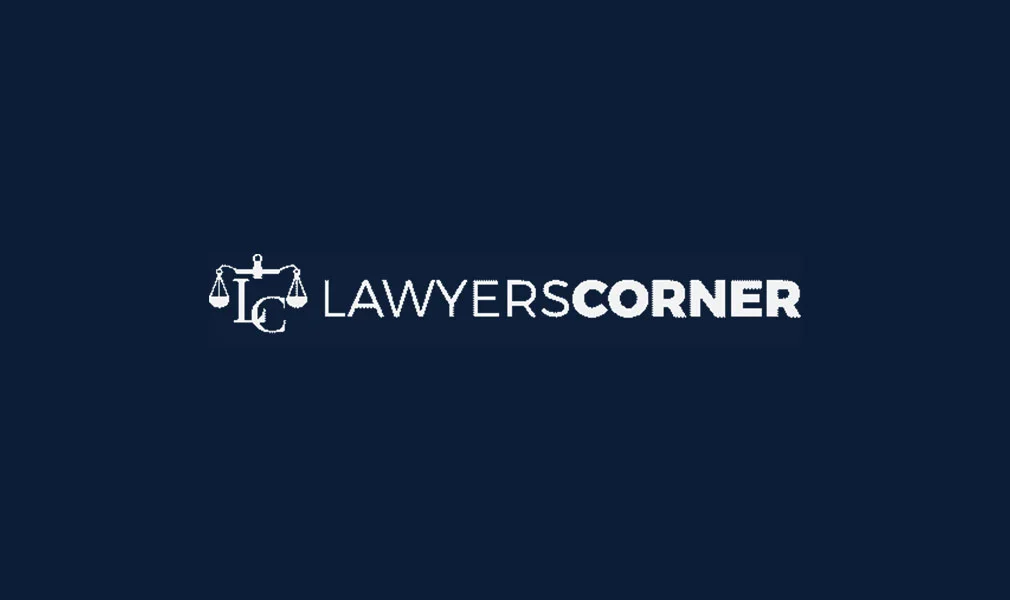Everything You Need to Know About ChatGPT for Law Firms
Posted on: May 1, 2024

ChatGPT is transforming how law firms operate, offering tools that streamline tasks, improve efficiency, and enhance client interactions. Here’s how this AI-driven tool can benefit your practice:
What ChatGPT Can Do for Law Firms
- Document Drafting:
- Generate drafts for contracts, agreements, and client letters.
- Create internal policies, memos, and meeting summaries.
- Client Communication:
- Automate responses to FAQs through chatbots.
- Draft professional and personalized emails.
- Assist with scheduling and follow-up reminders.
- Legal Research:
- Summarize statutes, case law, and legal updates.
- Organize research findings for easier review.
- Provide a starting point for complex legal queries.
- Marketing and Content Creation:
- Develop blog posts on legal trends.
- Create SEO-optimized website content to attract clients.
- Draft social media posts to boost online engagement.
- Training and Internal Knowledge:
- Summarize legal updates for team discussions.
- Build FAQs and knowledge repositories for staff.
- Prepare onboarding materials for new hires.
Benefits of Using ChatGPT
- Efficiency:
- Automate repetitive tasks to free up time for critical client work.
- Speed up processes like drafting and research.
- Cost-Effectiveness:
- Reduce the need for additional administrative support.
- Optimize resources by automating low-value tasks.
- Client Satisfaction:
- Offer quicker responses to inquiries.
- Enhance communication with clear, professional messaging.
- Improved Marketing:
- Publish consistent, high-quality content to increase visibility.
- Optimize your online presence to attract new clients.
Ethical Considerations for Using ChatGPT
- Confidentiality:
- Avoid inputting sensitive or client-specific information.
- Use hypothetical scenarios for testing outputs.
- Accuracy:
- Always review AI-generated content for legal correctness.
- Validate findings with authoritative sources.
- Compliance:
- Ensure AI use adheres to legal ethics rules in your jurisdiction.
Best Practices for Law Firms
- Use ChatGPT as an assistant, not a replacement for professional expertise.
- Train staff on how to integrate ChatGPT effectively into workflows.
- Regularly audit AI-generated content for accuracy and relevance.
By incorporating ChatGPT into your law firm’s processes, you can enhance productivity, improve client experiences, and stay competitive in an evolving legal landscape.

Related Items:





